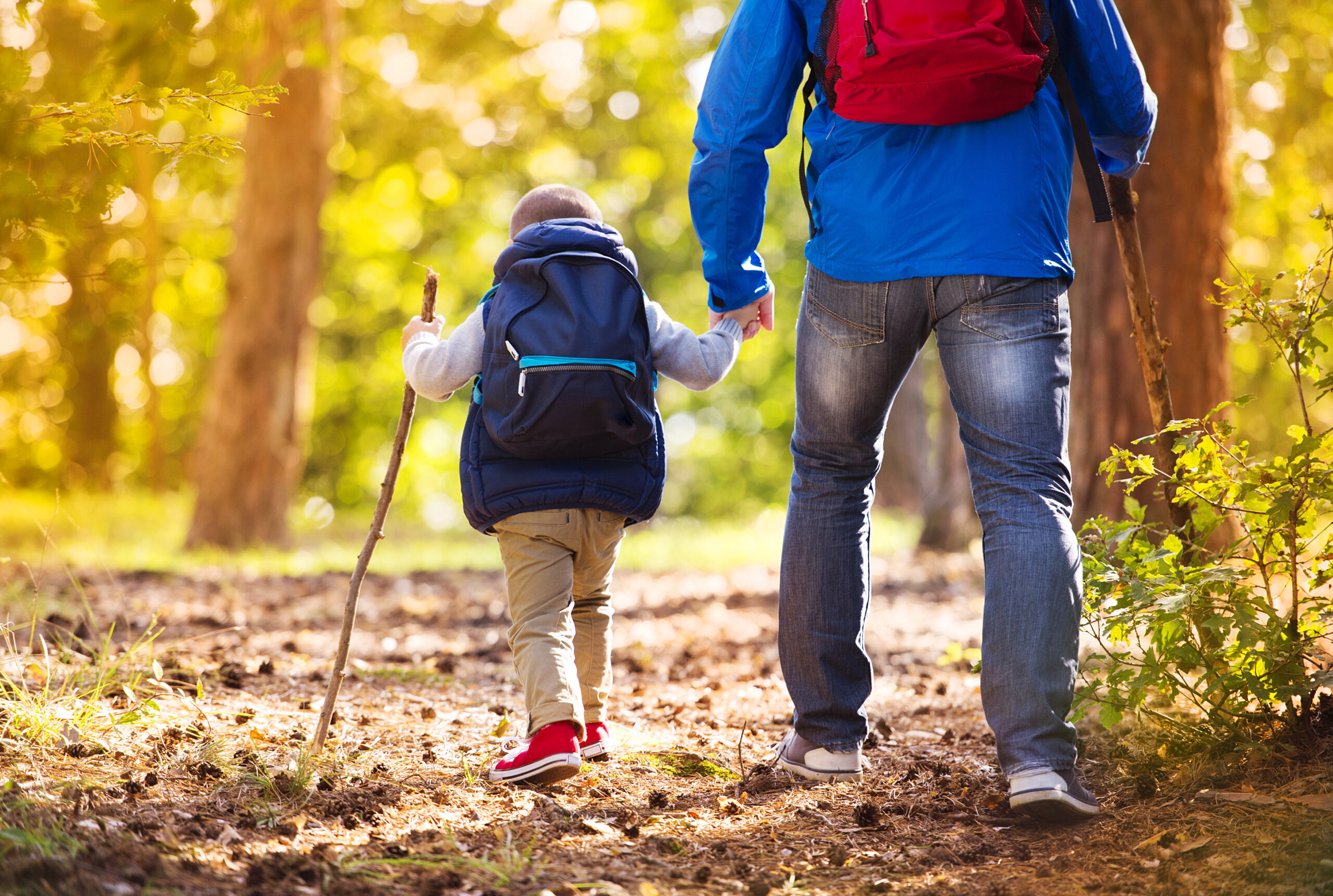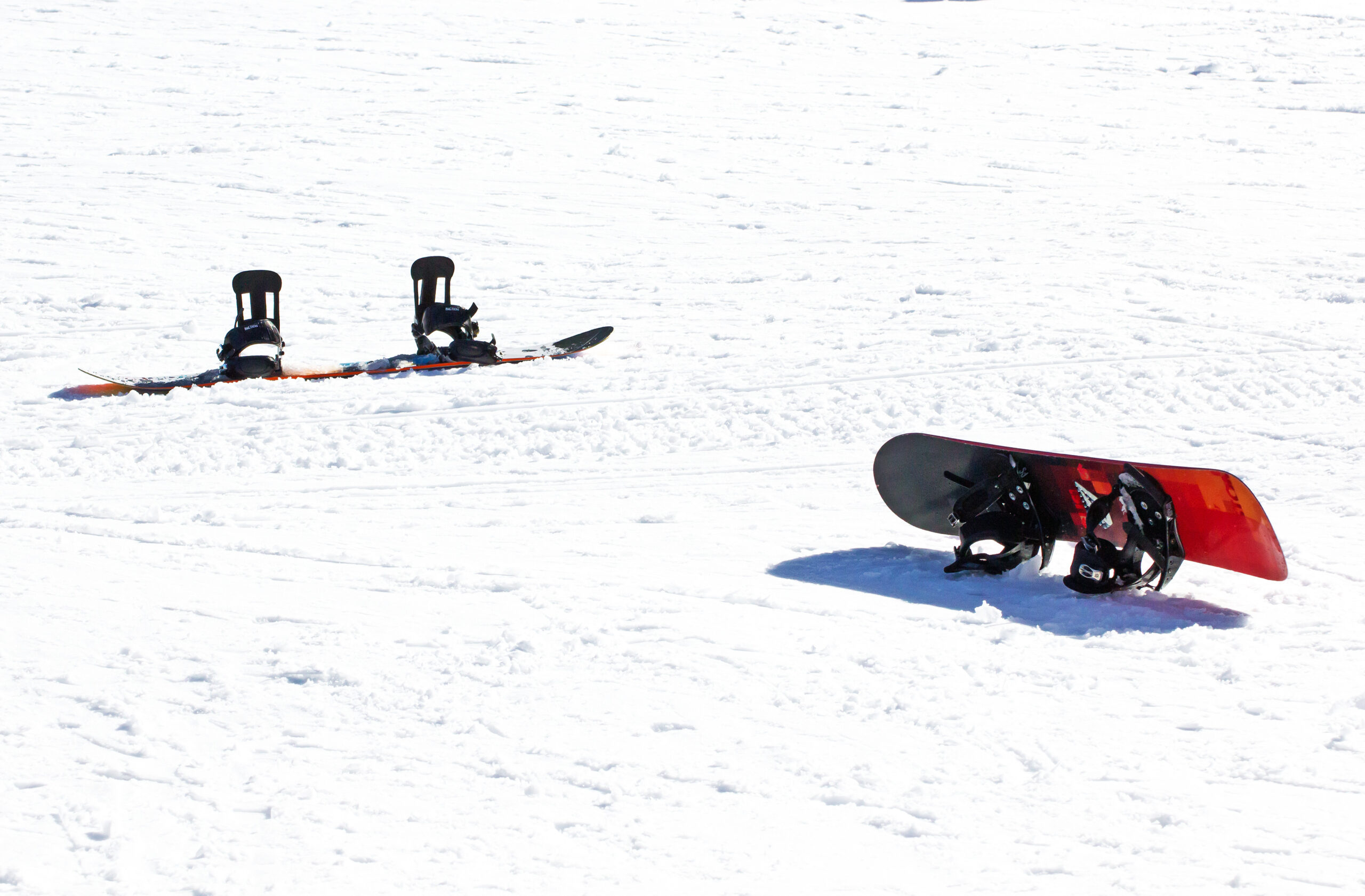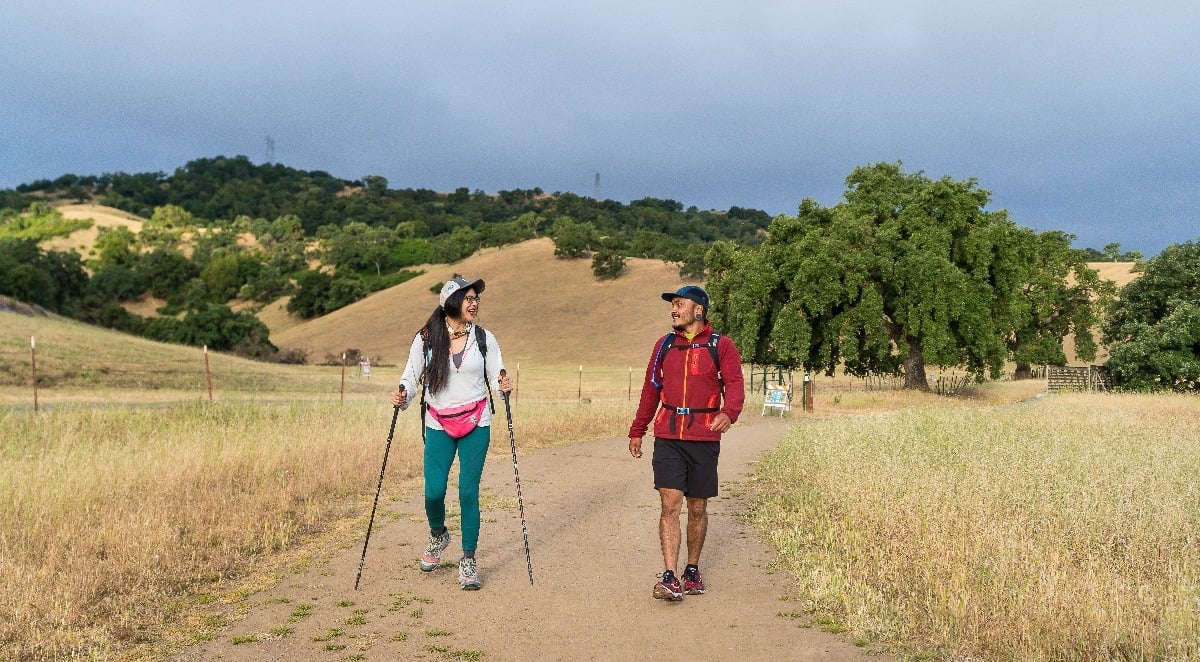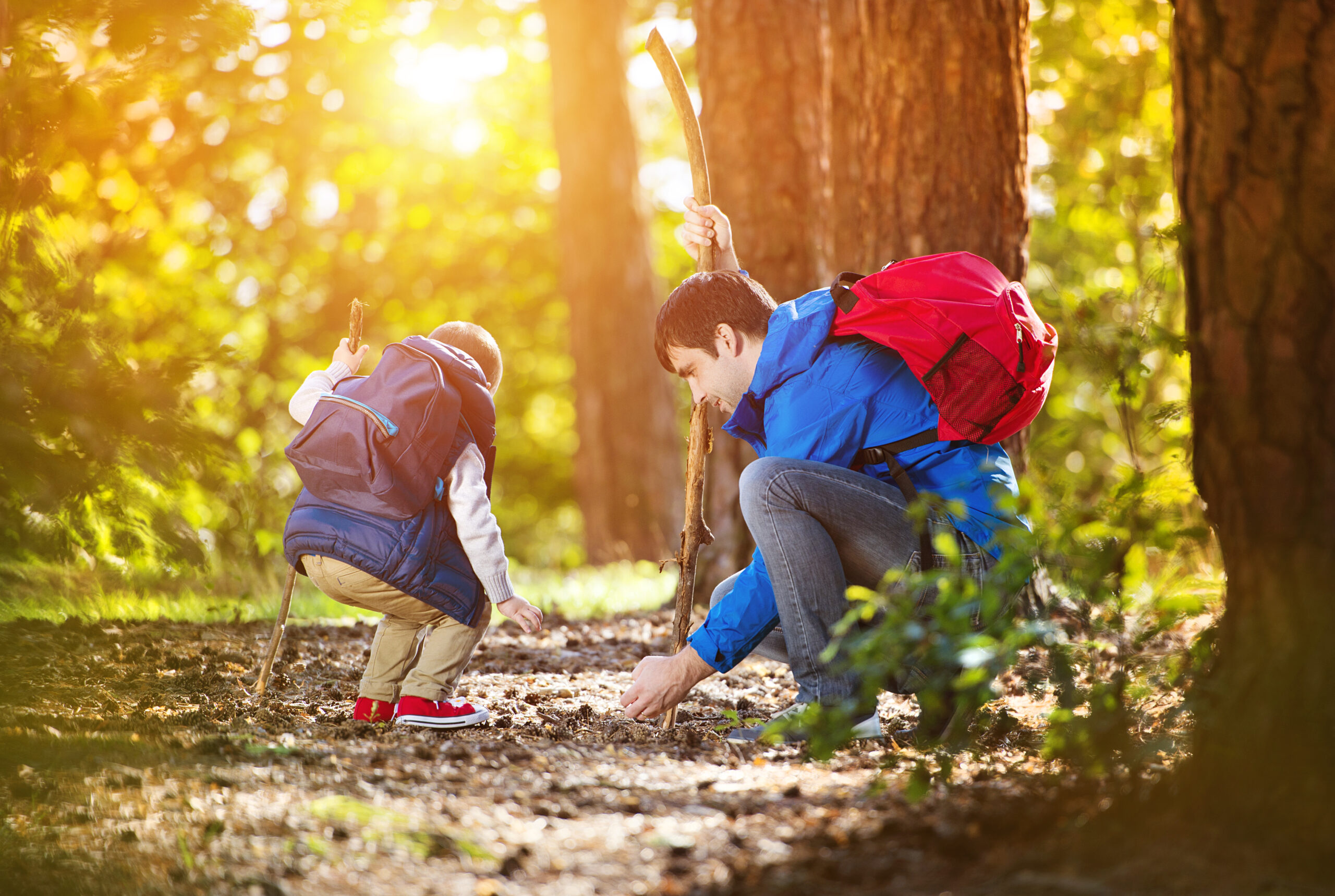Hiking is a great way to explore the outdoors and connect with nature. However, it’s essential that we do so in an eco-friendly manner to preserve our natural resources for future generations. In this blog post, we will discuss some tips on how you can reduce your impact on the environment while hiking.
Spring Hiking Tips: What to Expect and How to Prepare
As the weather warms up, many of us are eager to hit the trails again after a long winter hiatus. Spring brings its own set of challenges when it comes to hiking, including unpredictable weather conditions and slippery terrain. Here are some tips to help you prepare for spring hikes:
1. Check the forecast before heading out and dress appropriately. Layers are key as temperatures can fluctuate quickly.
2. Wear sturdy shoes or boots with good grip to prevent slips and falls on wet or muddy surfaces.
3. Watch out for fallen trees or branches that may have been brought down by heavy rain or wind.
4. Carry insect repellent and be aware of ticks, which are more prevalent during the spring months.
Summer Hiking Tips: Staying Safe in the Heat
During the summer months, it’s crucial to take extra precautions to stay safe in the heat. Here are some tips to keep in mind:
1. Avoid hiking during peak sun hours (usually between 10 am – 4 pm) if possible.
2. Drink plenty of water before, during, and after your hike to stay hydrated.
3. Wear lightweight, breathable clothing made from moisture-wicking materials like wool or synthetic fabrics.
4. Protect yourself from the sun by wearing a hat with a wide brim, sunglasses, and applying sunscreen regularly.
Winter Hiking Tips: Dressing for Cold Weather Conditions
While hiking in cold weather requires additional preparation, it can also be incredibly rewarding. Here are some tips to help you stay warm and comfortable on winter hikes:
1. Dress in layers, starting with a moisture-wicking base layer followed by insulating layers like fleece or wool.
2. Wear waterproof and breathable outerwear to protect against snow and wind.
3. Choose footwear designed for winter hiking with excellent grip and insulation.
4. Bring handwarmers and wear gloves or mittens to protect your hands from the cold.
Hiking Safety and Preparedness: Essential Gear and First Aid Kit
No matter what time of year you’re hiking, safety should always be a top priority. Make sure you bring these essentials with you:
1. Navigation tools such as a map, compass, or GPS device.
2. Whistle to signal for help if needed.
3. Flashlight or headlamp with fresh batteries.
4. Water bottles or hydration system.
5. High-energy snacks like trail mix or energy bars.
6. First aid kit containing bandages, antiseptic wipes, pain relievers, and any necessary medications.
Remember, leave no trace behind! This means packing out all trash and leaving nothing but footprints behind. Let’s work together to preserve our beautiful natural spaces for generations to come. Happy hiking!






One thought on “Eco Friendly Hiking Tips: Leave No Trace Behind”
Comments are closed.